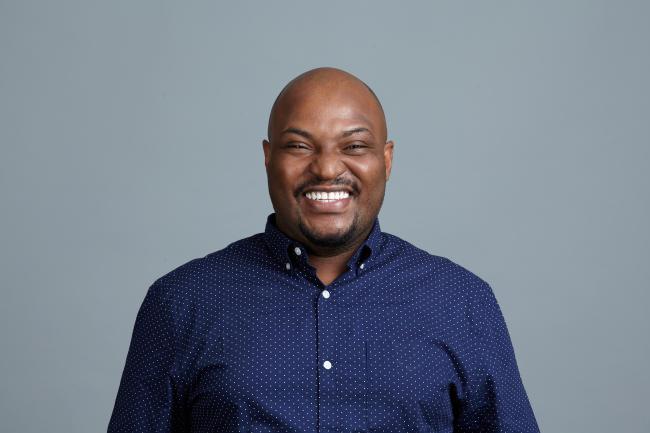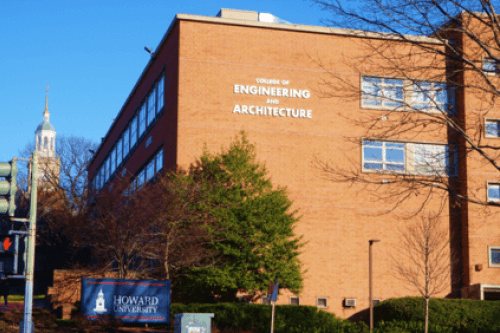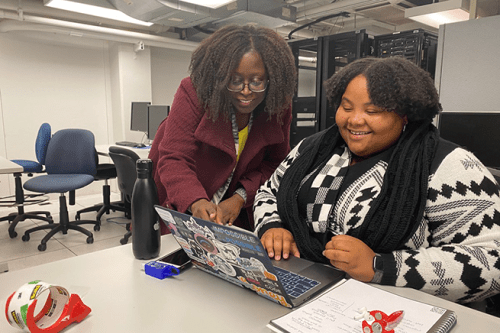For Howard business professor Curtis C. Cain, the big wake-up call about diversity and computing came during his initial week in graduate school at Auburn University. His orientation looked a lot different from anything he had experienced attending high school in Atlanta or undergrad at Johnson C. Smith University, an HBCU.
“I looked around and I remember counting nine people who were Black,” said Cain, who earned a doctorate from Penn State University. “That was a stark difference from an HBCU where everyone looks like you. I started to ask myself: Why is it like this? Where are all the Black people? Where are the women? Where are the minorities?”
These questions eventually led him down the path of academic research into equity, diversity, and inclusion in the computing industry. Cain’s research success recently garnered a National Science Foundation CAREER award. The award supports emerging faculty members viewed as strong role models in their fields. Cain is the first faculty in the School of Business to receive the prestigious designation.
Cain is currently working on a long-term research project that aims to examine factors that contribute to the education and career decisions of Black men in computing. The research starts at the undergraduate level and follows Black men pursuing degrees in computing at four different universities.
“A lot of the research work dealing with diversity and computing has rightly been focused on women, but it has overwhelmingly focused on white women and Asian women,” Cain said, adding that more groups needed to be analyzed and research questions needed to be more nuanced.
“I found that people are leaving computing for new career paths where they don’t feel so isolated. Research has to be nuanced: How do we keep people there? What policy changes or interventions need to take place to support them? What types of cultural and societal changes need to take place? We need to start looking at things with a critical eye,” he said.
Cain has used his own path into computing as a starting point. He grew up in Atlanta and attended a high school where students didn’t have much access to computers. He said his HBCU background also deeply influenced his research style today.
“My research focuses on the lived experience of Black men in computing,” Cain said. “The National Science Foundation sees it as strong research worthy of exploration and funding, which will allow more researchers to broaden their understanding of diversity problems in the field. More people can start to look at similar lines of inquiry. The hope is that more projects will be funded and initiated over the long run and ultimately will lead to tangible outcomes that not only get more Black people into the computing workforce, but also functional strategies to retain them.”





